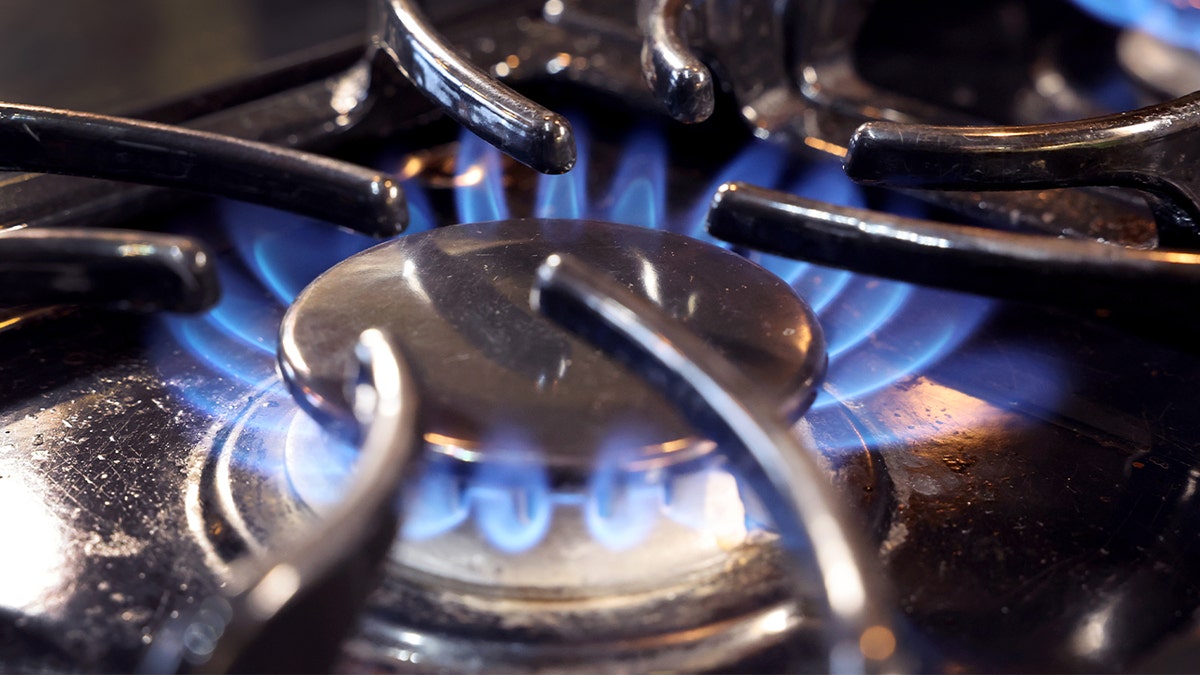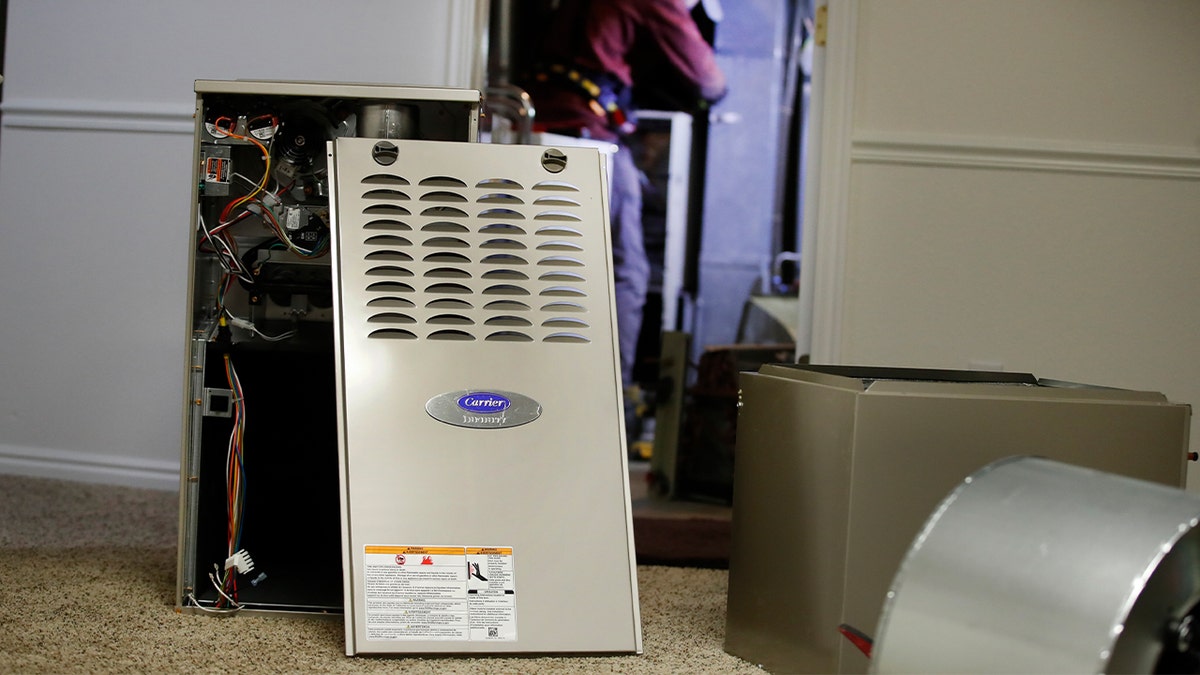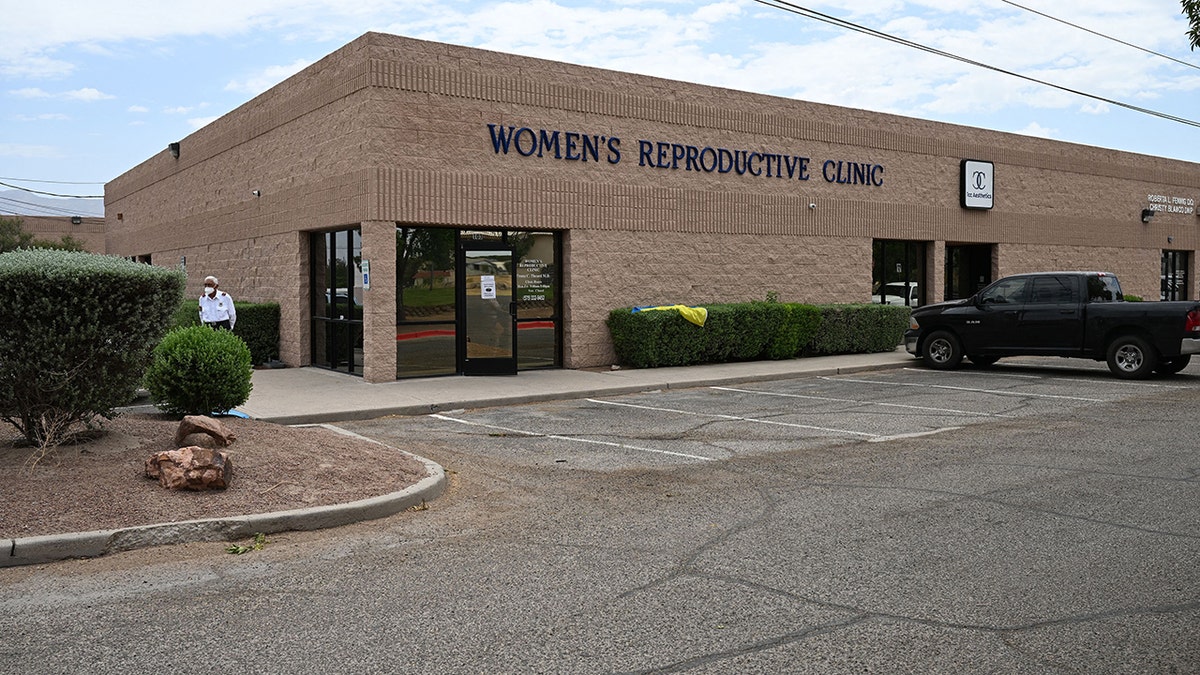Over the past four years, the Biden administration has focused on enhancing efficiency standards for household appliances as a key component of its climate agenda. While the administration emphasizes cost savings and emission reductions, energy experts and manufacturers have voiced concerns about potential price increases and performance compromises.
Washing Machines
New regulations introduced by the Department of Energy (DOE) in February 2024 have tightened energy standards for residential clothes washers. The DOE projects significant annual savings for consumers and substantial reductions in carbon emissions. However, appliance manufacturers argue that these standards could disproportionately affect low-income households by eliminating more affordable options. The DOE maintains that the standards will not compromise product performance or cleaning ability.

President Biden speaks at a "Christmas Dinner for All" in the East Room of the White House on Dec. 10, 2024. (Samuel Corum/Sipa/Bloomberg)
Refrigerators and Air Conditioners
A 2023 EPA rule aims to phase out hydrofluorocarbons (HFCs), commonly used in cooling appliances. While environmentally beneficial, manufacturers anticipate potential price increases of up to 20% due to this regulation.

Burner on a natural gas-burning stove. (Scott Olson/Getty Images)
Gas Stoves
Initial proposals targeting gas stoves faced significant opposition, leading to revised regulations with a much smaller impact on available models. Concerns remain, particularly from restaurant owners who rely on gas stoves for efficient cooking.
Light Bulbs
New light bulb standards will significantly increase efficiency requirements, effectively phasing out many current LED bulbs and potentially raising prices. While projected to reduce carbon emissions, the transition to compliant LEDs may present a financial burden for some consumers.

A shelf stocked with incandescent light bulbs at the City Lights Light Bulb Store in San Francisco. (Justin Sullivan/Getty Images)
Furnaces
Upcoming efficiency regulations for gas furnaces have sparked legal challenges due to concerns about increased costs for consumers, especially low-income households and small businesses.

A new Carrier natural gas furnace at a residential home in Spanish Fork, Utah, on Oct. 19, 2021. (George Frey/Getty Images)
Ceiling Fans
New energy standards for ceiling fans aim to provide long-term cost savings for consumers. However, concerns have been raised about the potential impact on small businesses in the ceiling fan industry.
With the upcoming change in presidential administration, the future of these appliance regulations remains uncertain.








